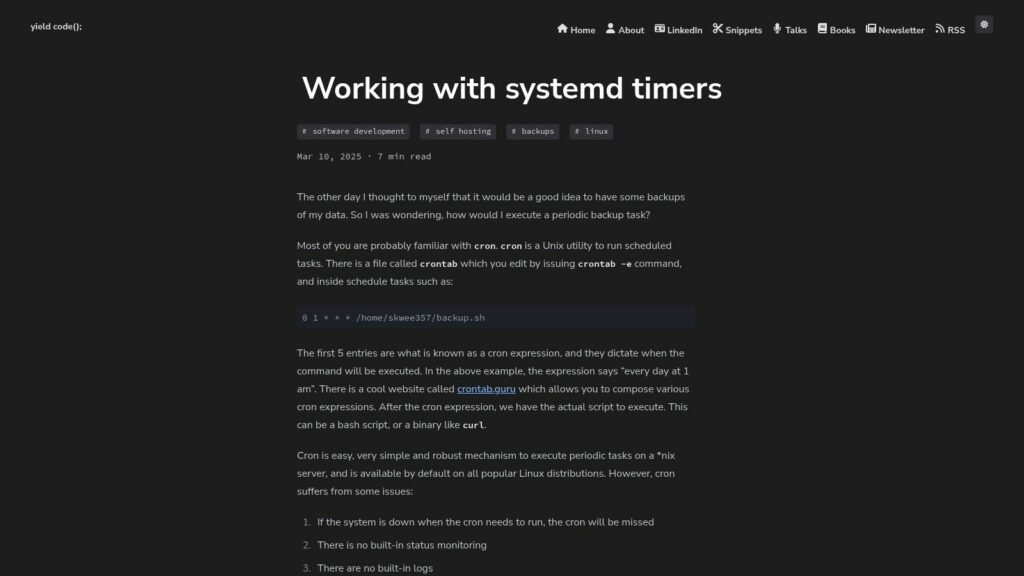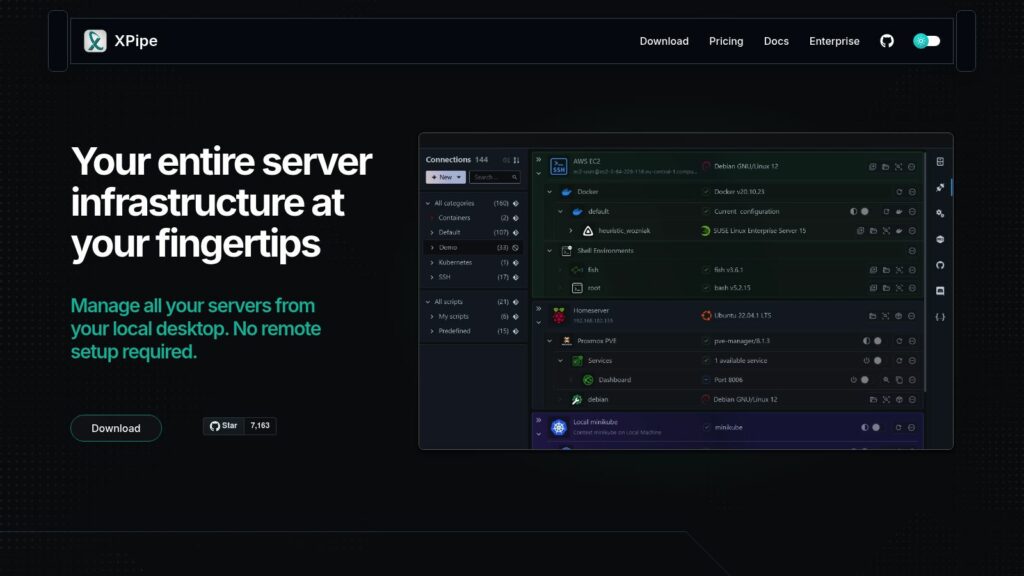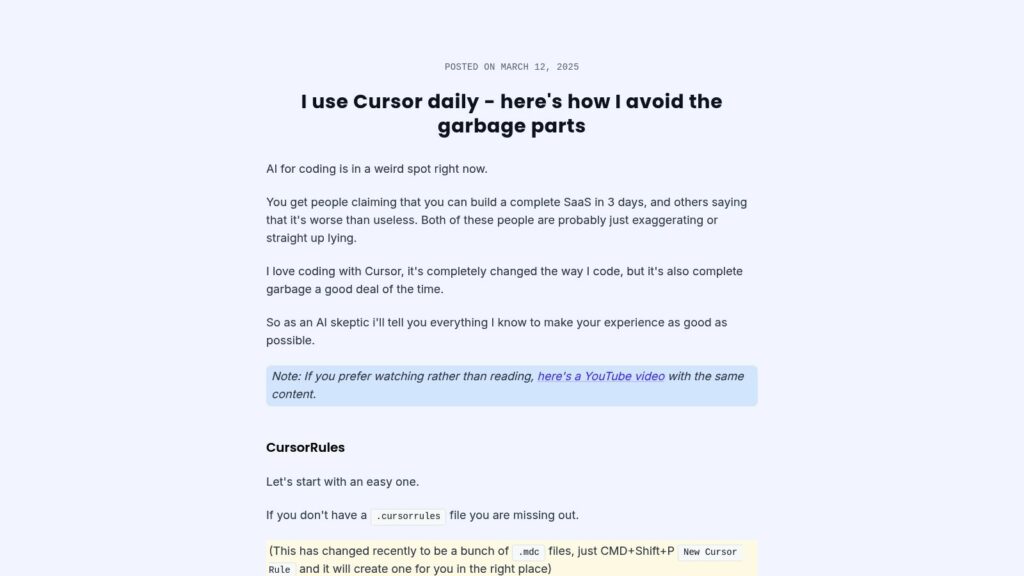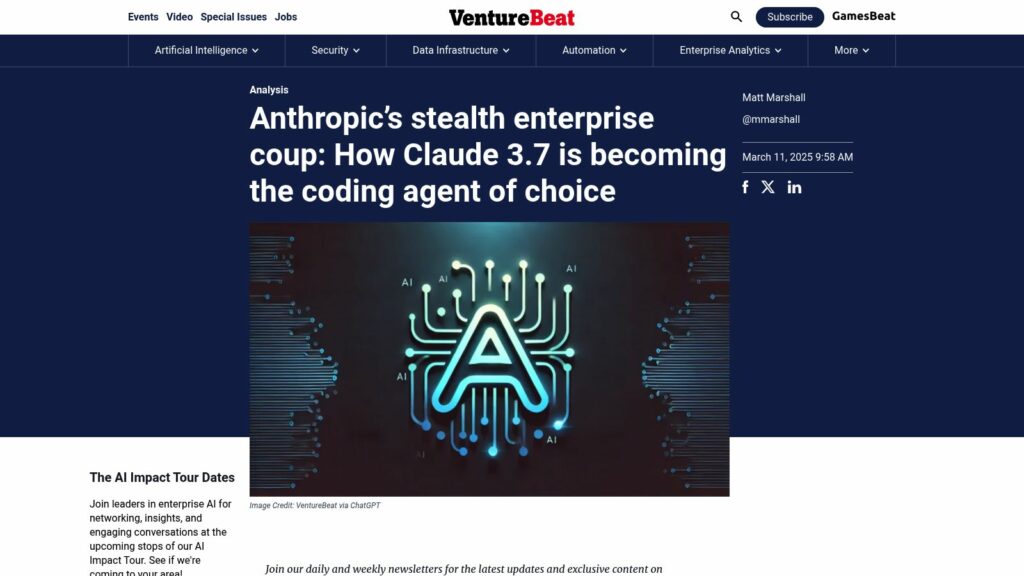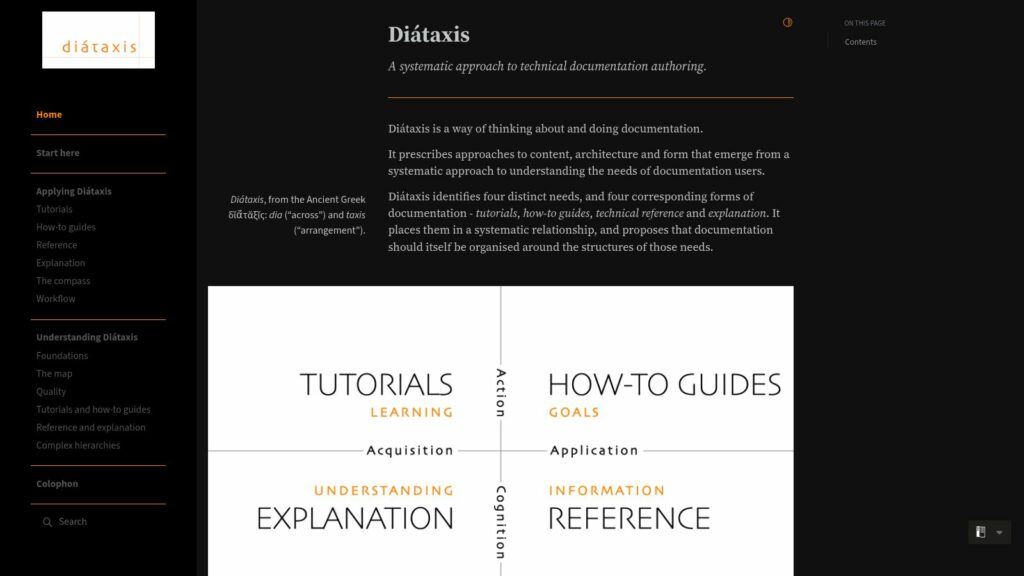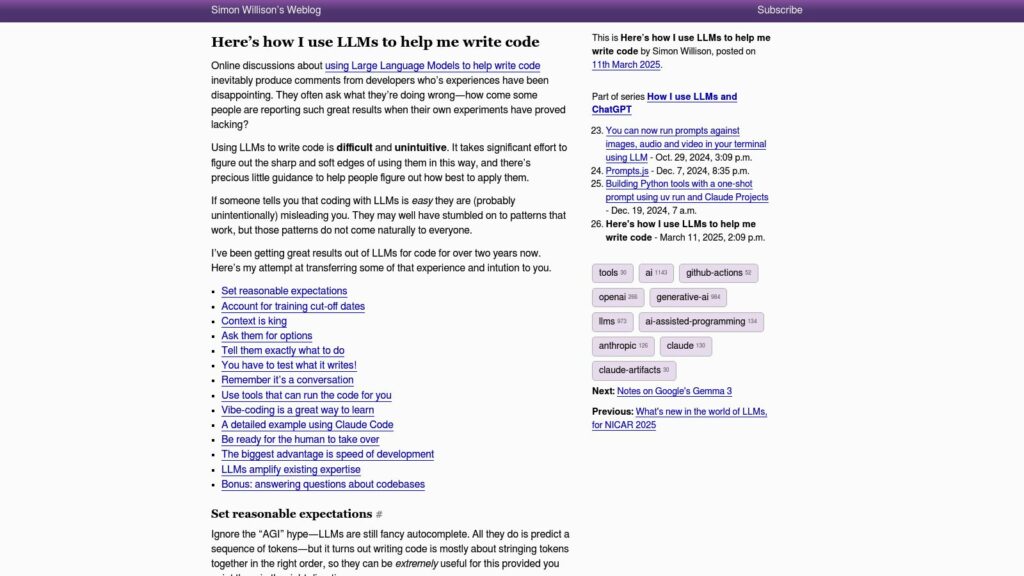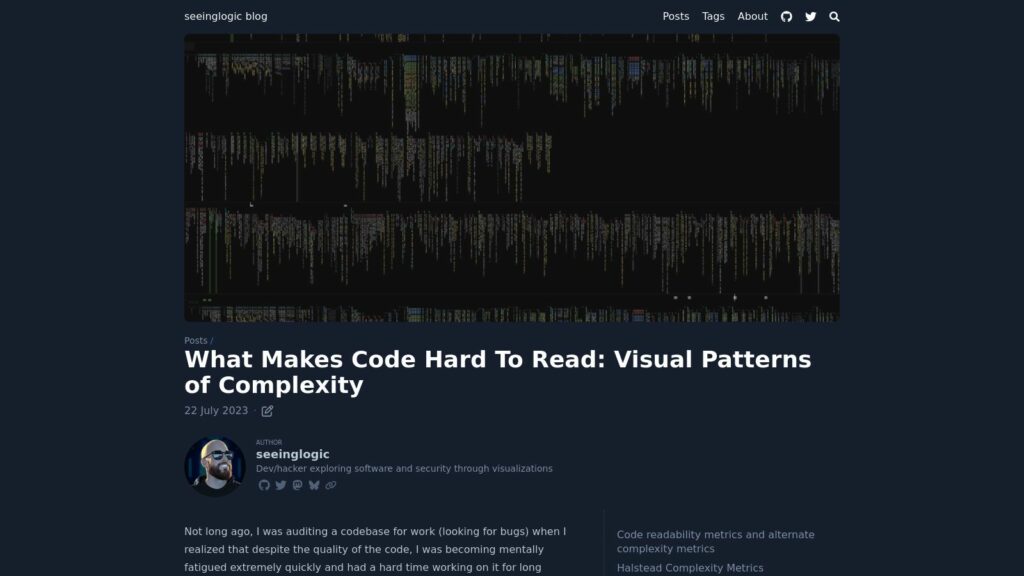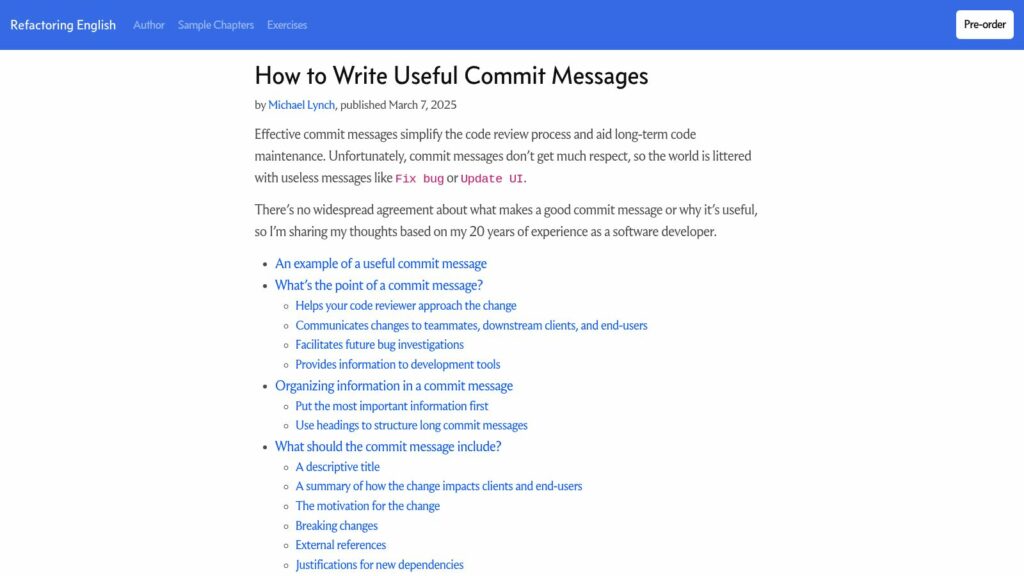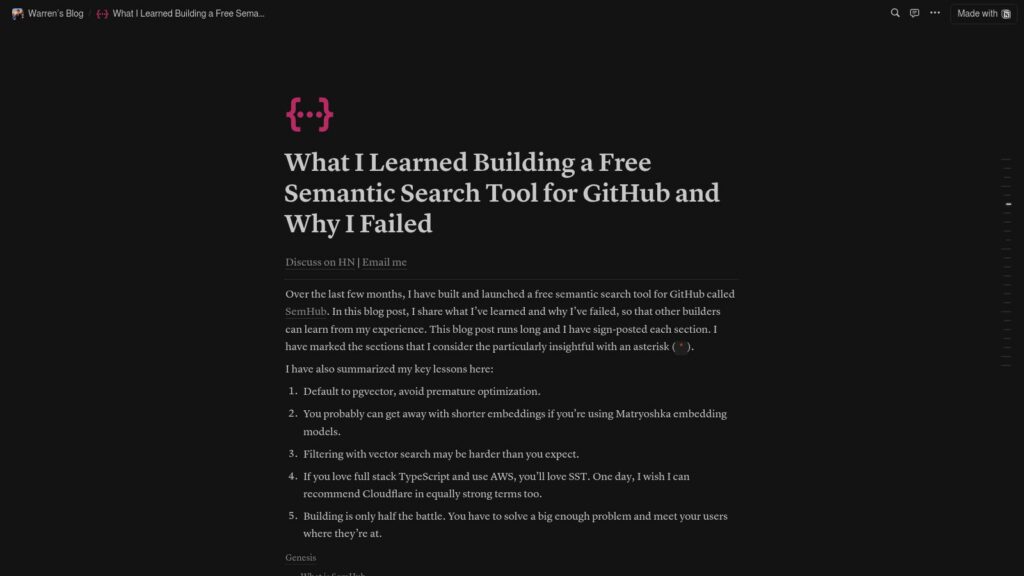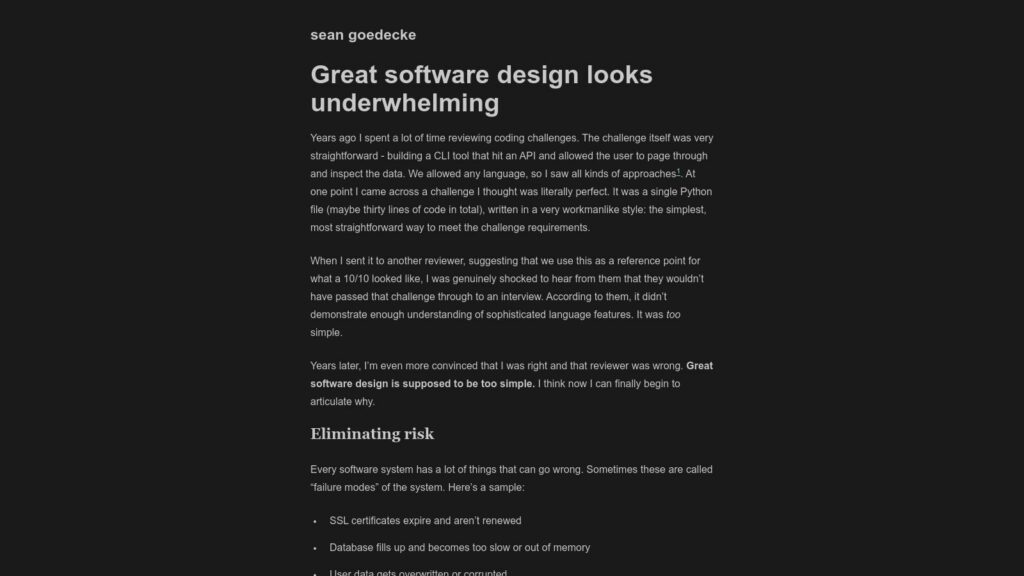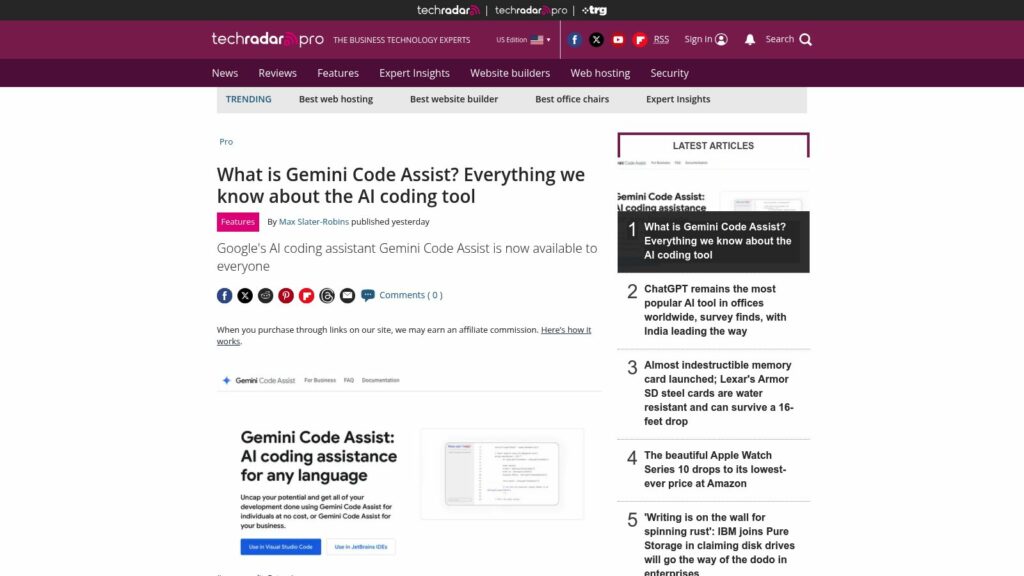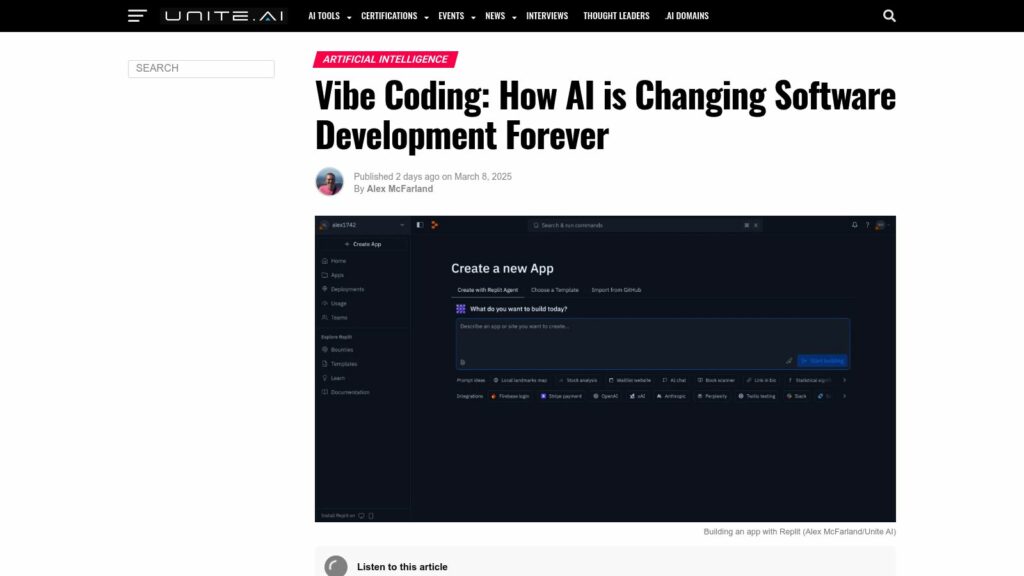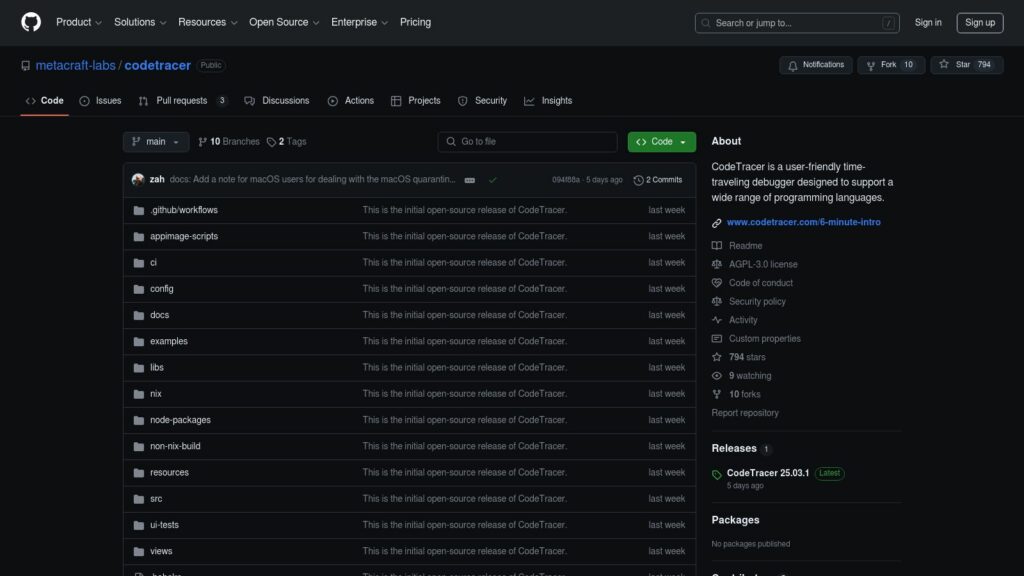Working With Systemd Timers
Systemd Timers for Backups: Systemd offers a robust alternative to cron for scheduling tasks, solving issues like missed runs if the system is down. To create a backup timer, define .timer and .service files in /etc/systemd/system, specifying timer frequency with OnCalendar and whether the timer is persistent. Install and enable the timer with systemctl enable backup.timer. The service file includes the backup command and allows for executing pre/post commands for notifications on the backup status. Use systemctl commands to manage and check the status of timers and services.

